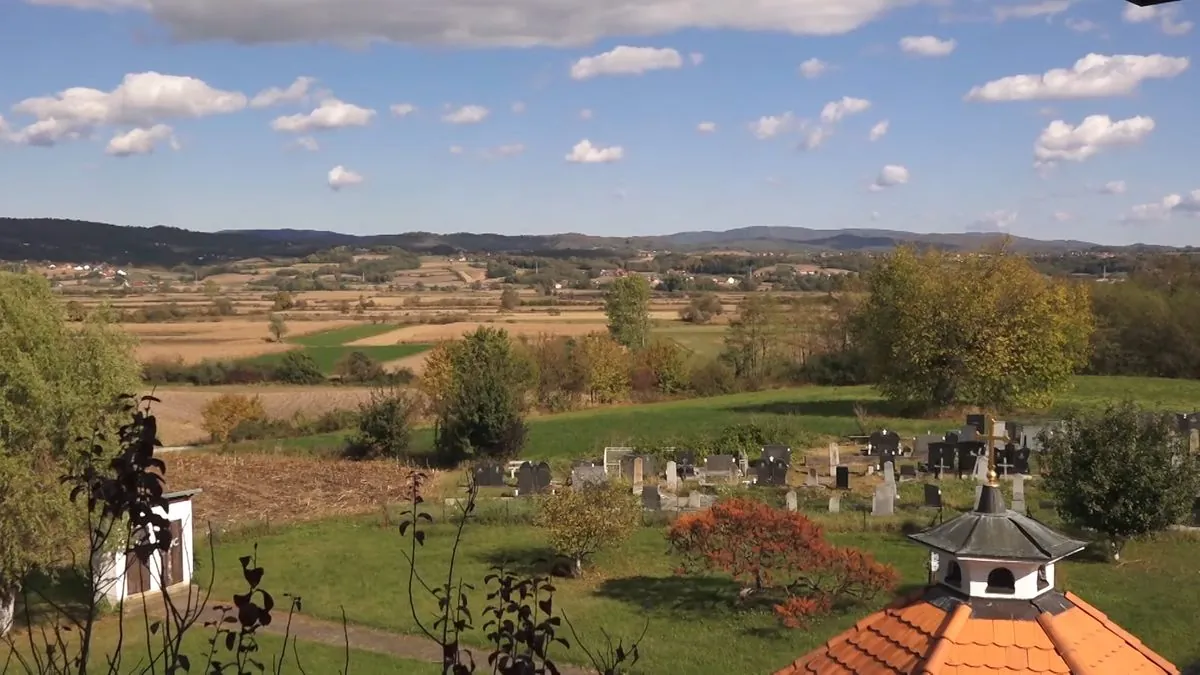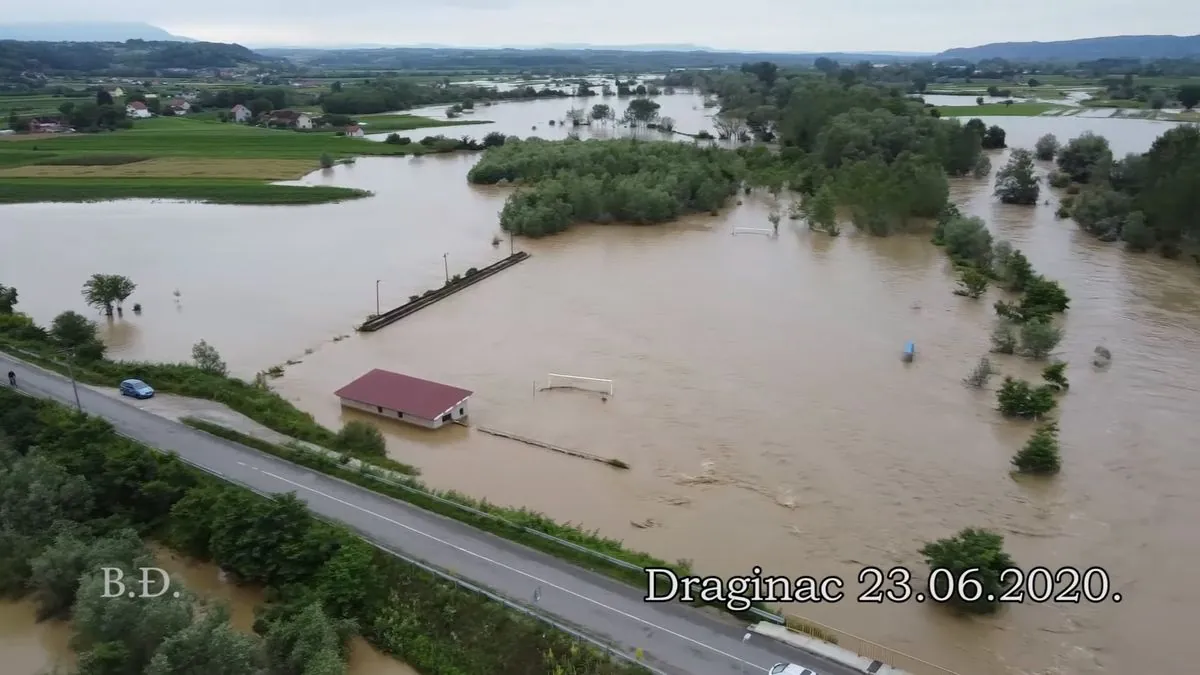Serbia's Lithium Dilemma: Economic Boost or Environmental Threat?
Serbia faces a contentious debate over a proposed lithium mine in the Jadar valley. Local farmers oppose the project, citing environmental concerns, while the government sees economic potential.

In western Serbia's Jadar valley, a conflict is brewing over a proposed lithium mine. The project has sparked one of the country's largest environmental movements in recent years, pitting local farmers against the government and multinational mining company Rio Tinto.
The Jadar valley, known for its agricultural production of corn and soybeans, sits atop one of Europe's richest lithium deposits. According to Serbia's Mining and Energy Minister Dubravka Djedović Handanović, the area contains approximately 158 million tons of lithium, representing about 17% of Europe's estimated reserves.
Lithium, a crucial component in electric vehicle batteries, is considered a critical raw material for the global transition to green energy. The European Union, seeking to reduce its dependency on China for lithium supplies, has shown interest in Serbia's resources.
However, local residents like Zlatko Kokanović, a 48-year-old farmer, strongly oppose the mine's development. "All of us here, we are ready to lose our lives," Kokanović stated, emphasizing the community's determination to protect their land and way of life.
Environmental concerns are at the forefront of the opposition. Dragana Djordjević, a research professor at Belgrade University, warns of potential risks to the region's water resources. The Jadar valley's propensity for flooding could lead to the spread of toxic materials, threatening underground water reserves and two small rivers.

The Serbian government, however, sees the mine as an opportunity for economic development. Minister Handanović asserts that any potential excavations will meet the highest EU standards, promising to halt the project if negative impacts are deemed too severe.
Rio Tinto, which has been exploring the area for two decades, plans to build an underground mine. The company, with a 150-year history in mining operations, has faced accusations of environmental degradation and human rights abuses at other sites globally, fueling local concerns.
"We will not do anything if that has such a negative impact that it will be detrimental."
Mass protests in 2021 and 2022 led to a temporary suspension of the mine plan. However, the project was revived in July 2024 when Serbia signed a memorandum on "critical raw materials" with the EU.
The controversy has become a significant political issue in Serbia, a candidate for EU membership with close ties to Russia and China. President Aleksandar Vučić has described the anti-lithium protests as politically motivated and orchestrated by unspecified foreign powers.
As the debate continues, thousands are expected to rally in Belgrade, calling for a nationwide ban on lithium mining. The outcome of this conflict could have far-reaching implications for Serbia's economic future and environmental landscape.


































